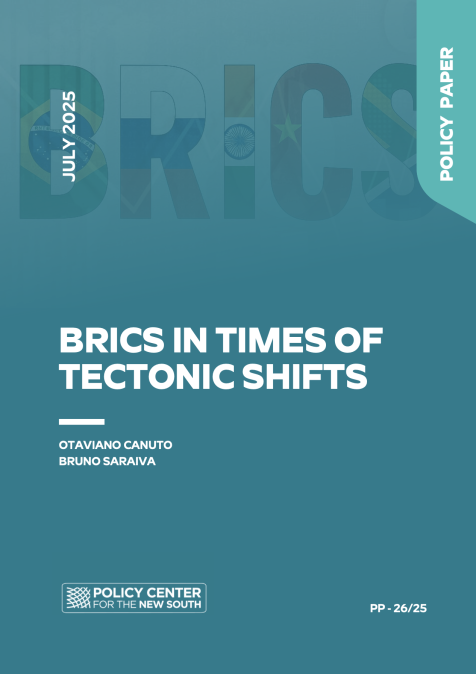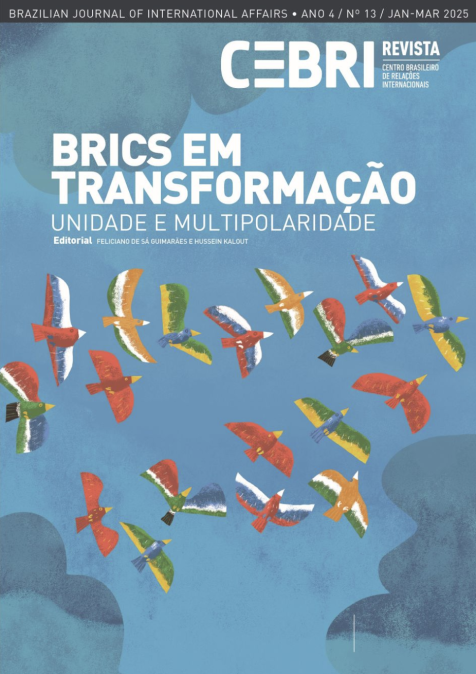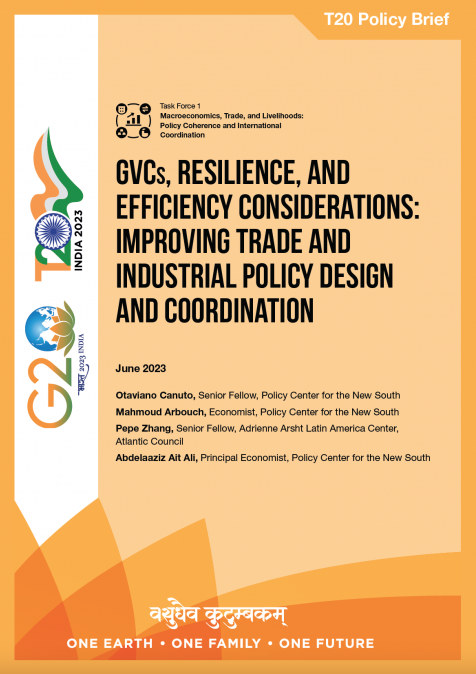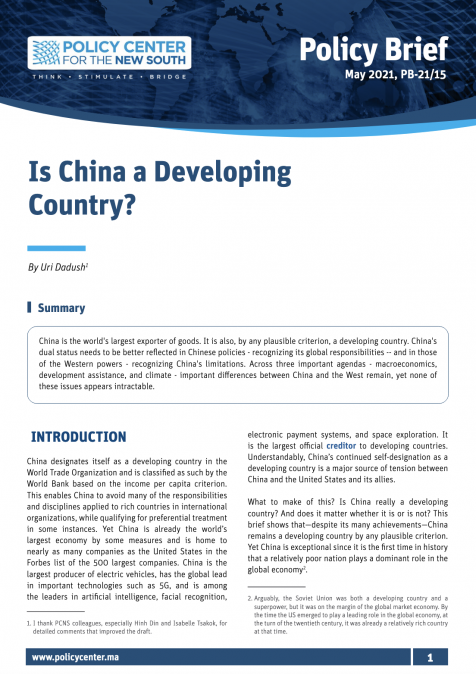T20 Recommendations: Boosting GVC Resilience, Efficiency, and Policy Coordination
"GVCs, Resilience, and Efficiency: Enhancing Trade and Industrial Policy Design and Coordination" - a paper co-authored by Otaviano Canuto, Mahmoud Arbouch, Pepe Zhang, and Abdelaaziz Ait Ali. This paper, accepted by the T20 community, delves into the challenges confronting the global economy, with a focal point on the fragmentation of global value chains. It presents a set of recommendations to address this concern and strike a harmonious balance between efficiency and resilience. The paper engages in a clash of perspectives between the public and private sectors. While the private sector is driven by efficiency objectives, the public sector prioritizes national security and resilience. Notably, the current state of global value chains (GVCs) is exceptionally flourishing. The manufacturing sector has exhibited a substantial rebound following the shocks of the COVID-19 pandemic.












